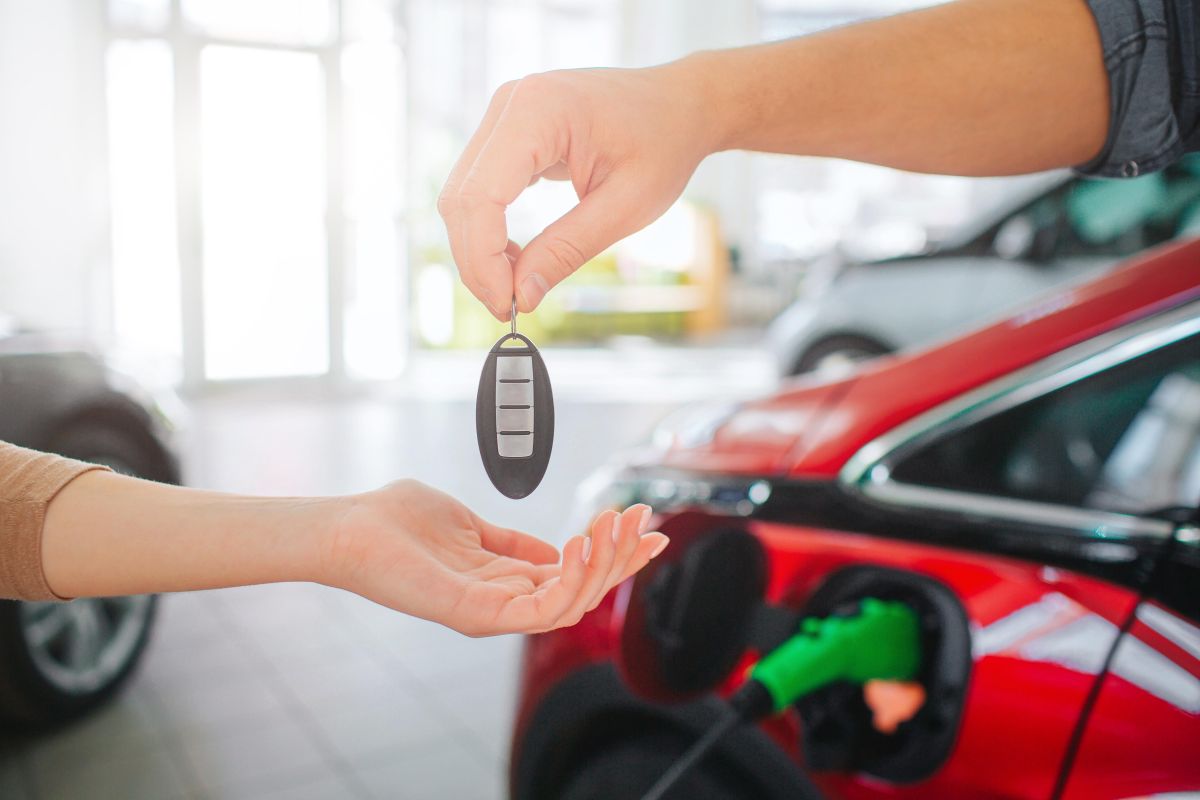With the federal $7,500 electric vehicle tax credit set to expire on Sept. 30, automakers and dealers are ramping up promotions in anticipation of a last-minute sales rush.
Tesla's homepage now prominently displays a message urging consumers to take delivery by Sept. 30, while Ford has extended its offer of free home chargers and installation through the same date. The urgency follows a recent decision by Congress to eliminate not only the $7,500 new EV tax credit but also the $4,000 credit for used EVs.
“This is certainly a great time to be considering an EV,” said Rivian CFO Claire McDonough. She added that Rivian may consider new incentives, such as financing deals, if tax credit expiration impacts demand.
Industry leaders and analysts are warning that the end of federal subsidies could significantly slow EV adoption. “The $7,500 tax credit is driving demand; without that, that'll slow,” said General Motors CEO Mary Barra at a December 2024 event.
A November 2024 joint study by researchers at the University of California, Berkeley; Duke University; and Stanford University projected that EV registrations could drop 27% once the credits disappear.
The U.S. has offered EV tax incentives since 2008, with the 2022 Inflation Reduction Act modifying eligibility to include only vehicles built in the U.S. with certain domestic battery content. However, upcoming legislative changes mean those benefits will soon vanish, prompting what many expect will be a “pre-buy” spike.
“We believe (the third quarter) will see a significant EV pre-buy, with sharp declines in the months to follow,” Barclays analysts wrote in a recent note.
Such subsidy expirations have historically impacted global markets. EV sales in Germany plummeted after government incentives ended in late 2023.
Dealers are already bracing for demand surges. Dmitry Agapitov, sales manager at Northwood Chevrolet and Hyundai in Eureka, CA, noted a similar pattern ahead of previous tax-related price changes. “We're anticipating it to play a factor,” he said.
Although EVs have become more common, barriers remain, particularly high prices and limited charging infrastructure. According to Cox Automotive, the average new EV cost $58,000 in May 2025, nearly $10,000 more than the average price of all new vehicles.
As consumer uncertainty over the political future of EV support grows, especially amid reports of former President Donald Trump’s team seeking to eliminate remaining subsidies, industry watchers predict more buyers will act before the third-quarter deadline.
“If there’s anyone who hasn’t bought their EV yet, they’re likely to be encouraged to buy in the third quarter,” said Sam Fiorani, vice president at AutoForecast Solutions. “Consumers believe there is a deadline to reach now.”
To offset post-incentive slowdowns, manufacturers may again resort to price cuts and special offers. Ford and GM previously implemented such strategies when their vehicles lost partial credit eligibility.














